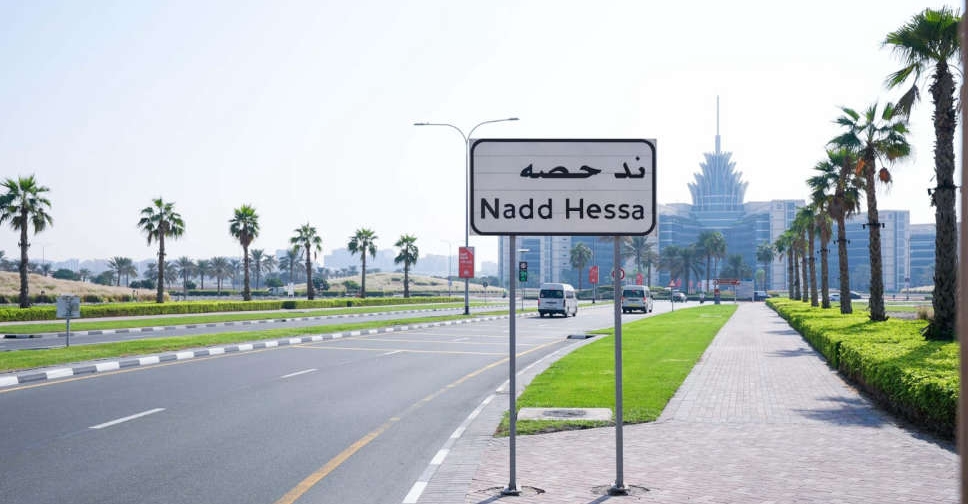Four Dubai Neighborhoods Set to Enhance with RTA Improvements

Enhancing Connectivity: Dubai’s Roads and Transport Authority Unveils Major Infrastructure Project
Dubai’s Roads and Transport Authority (RTA) has commenced an ambitious project aimed at improving accessibility for four key neighborhoods along significant thoroughfares: Sheikh Mohammed bin Zayed Road, Emirates Road, Sheikh Zayed bin Hamdan Al Nahyan Street, and Hessa Street. This initiative will not only revamp the entry and exit points of these areas but is also projected to enhance traffic capacity by an impressive 50 to 80 percent, thereby alleviating existing congestion and facilitating smoother transit for the local populace.
Background and Rationale
His Excellency Mattar Al Tayer, the Director General and Chairman of the Board of Executive Directors of the RTA, articulated the strategic importance of this project during its announcement. “This initiative exemplifies RTA’s unwavering dedication to refining the infrastructure across residential zones, which includes not just roadway enhancements but also improved lighting and stormwater management systems tailored to cope with escalating traffic demands,” he stated.
Such infrastructural developments are increasingly vital for cities like Dubai, where rapid urbanization and population growth have placed formidable pressures on transportation networks. Currently, the neighborhoods of Nadd Hessa, Al Awir 1, Al Barsha South, and Wadi Al Safa 3 are home to over 400,000 residents who will significantly benefit from these improvements.
Infrastructure Improvements
The project will see the introduction of new access points that will ingrain seamlessly into established arterial routes, facilitating easier ingress and egress to and from these neighborhoods. Coupled with comprehensive roadworks, the initiative promises a suite of traffic management solutions aimed at enhancing mobility for both residents and visitors alike. Improved traffic flow will lead to reductions in travel times, which is crucial for the city’s further economic development and overall livability.
Moreover, as Dubai continues to thrive as a global business hub and a preferred destination for expatriates, the RTA’s forward-thinking approach underscores a commitment to sustainable urban planning. By investing in quality infrastructure, Dubai positions itself not only to meet the current needs of its residents but also to accommodate future growth and change.
Economic Impact
The implications of the RTA’s project extend well beyond the immediate neighborhoods. Improved traffic flow can contribute positively to local commerce, as businesses reliant on foot traffic or quick delivery will benefit from easier access. Moreover, a well-planned transportation infrastructure can enhance property values in the area, making it more appealing to potential homebuyers and investors alike. Enhanced connectivity may also encourage existing residents to engage more with the community, fostering local economic activity.
As Dubai marshals resources to improve its road networks, it stands to benefit from enhanced international reputation. A city known for its efficiency and modernity attracts investment, tourism, and new talent—elements indispensable for sustaining its vibrant economy.
Challenges Ahead
Despite the evident advantages, the successful execution of this project will not be without challenges. Urban construction can often lead to temporary disruptions, affecting the daily lives of residents and businesses alike. Managing these disruptions while ensuring effective communication with stakeholders will be critical to the project’s success. Furthermore, as the RTA propels forward with its plans, considerations must be made regarding environmental impact and sustainability.
Conclusion
In conclusion, the RTA’s initiative to enhance road access in Dubai underscores a proactive approach to urban infrastructure that takes into account the multifaceted needs of a growing population. As Dubai continues to invest in its future, it sets an example of how strategic urban planning and infrastructure development can effectively address modern urban challenges. Ongoing improvements to connectivity not only elevate the quality of life for residents but also support the city’s aspiration to maintain its status as a leading global destination.
—
Tags: #UAE, #BusinessNews, #EconomyNews







